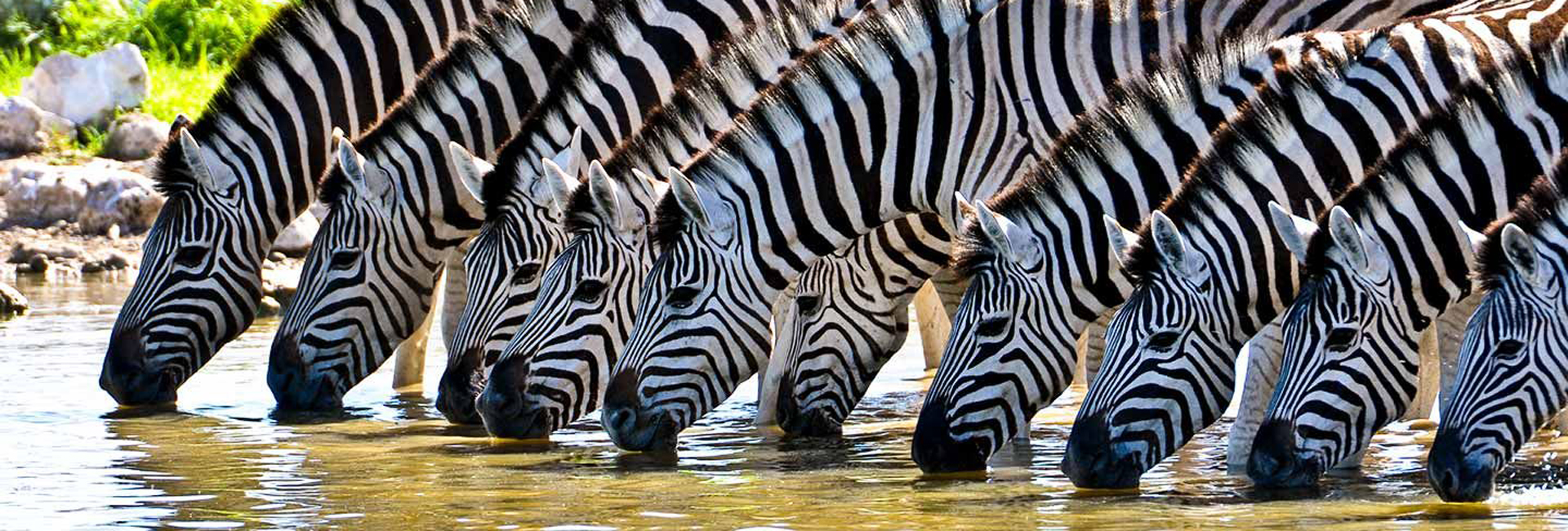Overview
- Capital:
- Dodoma
- Population:
- 53.47 million
- Currency:
- Tanzanian shilling (TZS)
- Languages:
- Swahili and English
- Drives on the:
- Left
- Time zone:
- UTC +3



You must be in possession of a Tanzania visa in order to enter Tanzania, If you get to Tanzania by arrival to Nairobi Airport, When you arrive at Nairobi Airport, advise the immigration officer that you will also visit Tanzania. He will then issue a "Visitor's Pass". The pass will specify the period of time you are allowed to stay in Kenya and should be in your possession until your final departure from Kenya. The visitor’s pass will allow you to return to Kenya after your visit to Tanzania. Please note this visitor pass does not replace your Tanzania visa. You must be in possession of a Tanzania visa in order to enter Tanzania.
The WHO recommends for anyone traveling to or coming from a yellow fever endemic country to take the Yellow Fever vaccine prior to travel. The WHO deems certain parts of Kenya to be at risk of yellow fever
Tanzania does not have large seasonal variations since it is so close to the equator. The weather is best June thru September, although most animals have migrated to Kenya at that time. September thru March is also a good time to visit. Rainy season occurs April and May. Mount Kilimanjaro is very, very cold at its higher elevations.
We suggest bringing clothes made of cotton, preferably in neutral colors (especially for game drives). A hat, scarf, sunscreen and insect repellent are also valuable accessories for your trip. Bring at least one pair of comfortable walking shoes. Since weather can be unpredictable anywhere in the world and to be sure you are comfortable during your trip and prepared for all types of weather possibilities, we recommend that you carry a small folding umbrella (or poncho) and take with you a light jacket or sweater. Binoculars are also suggested. Finally, remember that comfort and convenience should dictate your wardrobe for the tour, and casual clothes are the order of the day for most occasions when traveling.
Credit cards are the most convenient way to pay for items you purchase as you travel. Be sure to call your credit card providers to let them know you will be traveling abroad, the places you’ll be visiting and the dates of your trip. This is important for your own protection. For small purchases, we recommend that you use the ATM machines to get cash in local currency so that you can avoid using your credit card in unknown shops where there is a higher risk of having your credit card numbers “borrowed” for unauthorized purchases. We suggest that you bring along cash in small denominations and we highly recommended that you bring crisp, new bills.
The best items to shop for in Tanzania are local handcrafts including pottery, Makonde carpets, sculptures, paintings, soapstone carvings, fabric, cloth paintings of Kilimanjaro, chests, and gems. Prices are not usually marked and bargaining is expected.
230 volts. Plugs D & G. You will need a voltage converter, and plug adapter in order to use U.S. appliances. We recommend getting a universal adapter and converter kit.
Want to take your cell phone, tablet or laptop, but not sure how to get cell service or wifi? Check in google world connections before
Cameras and video recorders are permitted, and photography is generally permitted everywhere except at airports and military installations. Memory cards for digital cameras will be available in major cities.
Tanzania is home to some of the best national parks in the world, with the parks making up 30% of the entire country.
Tanzania is a little more than twice the size of California.
Three of the world's most spectacular lakes surround Tanzania: Lake Victoria, Lake Tanganyika, and Lake Nyasa
The tallest mountain in Africa, Mount Kilimanjaro, is located in Tanzania.
Although there are over 120 languages spoken, the official language of Tanzania is Swahili.
Found in Tarangire National Park, the Baobab tree can live up to 1,000 years or longer.